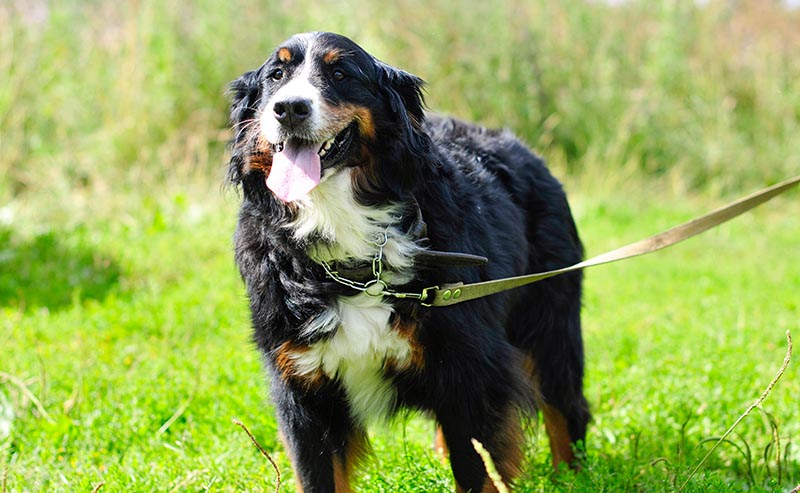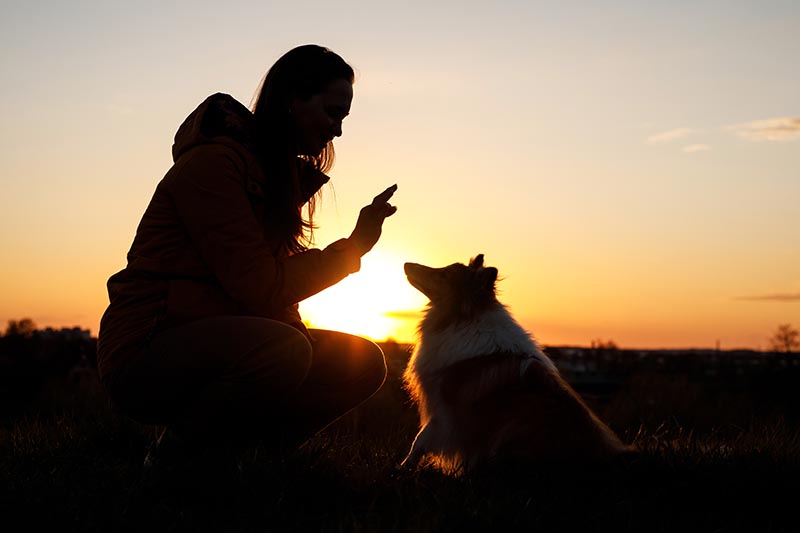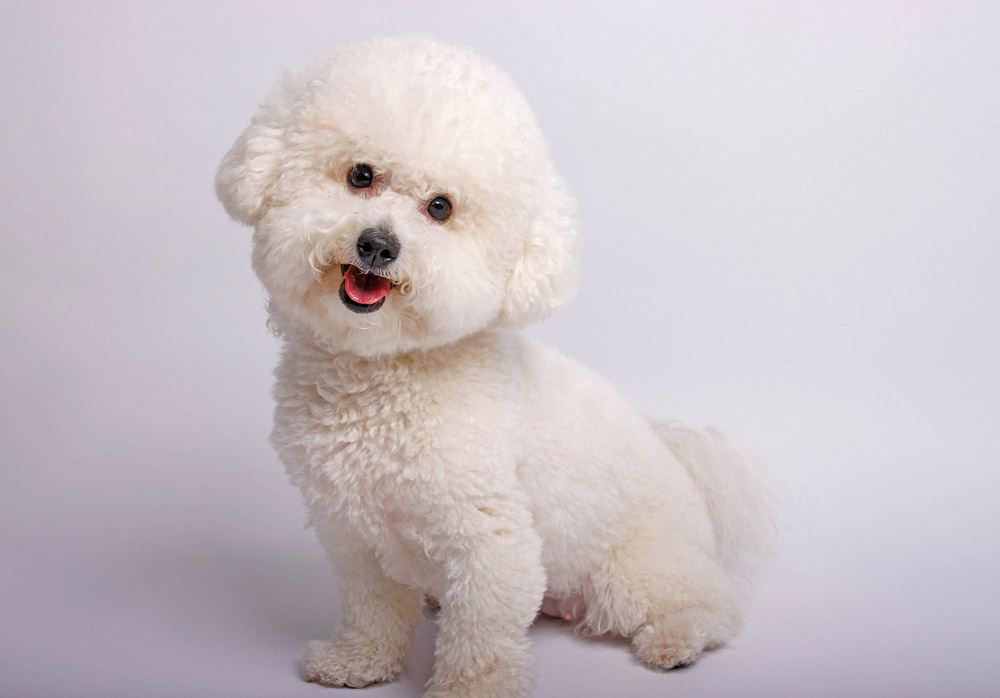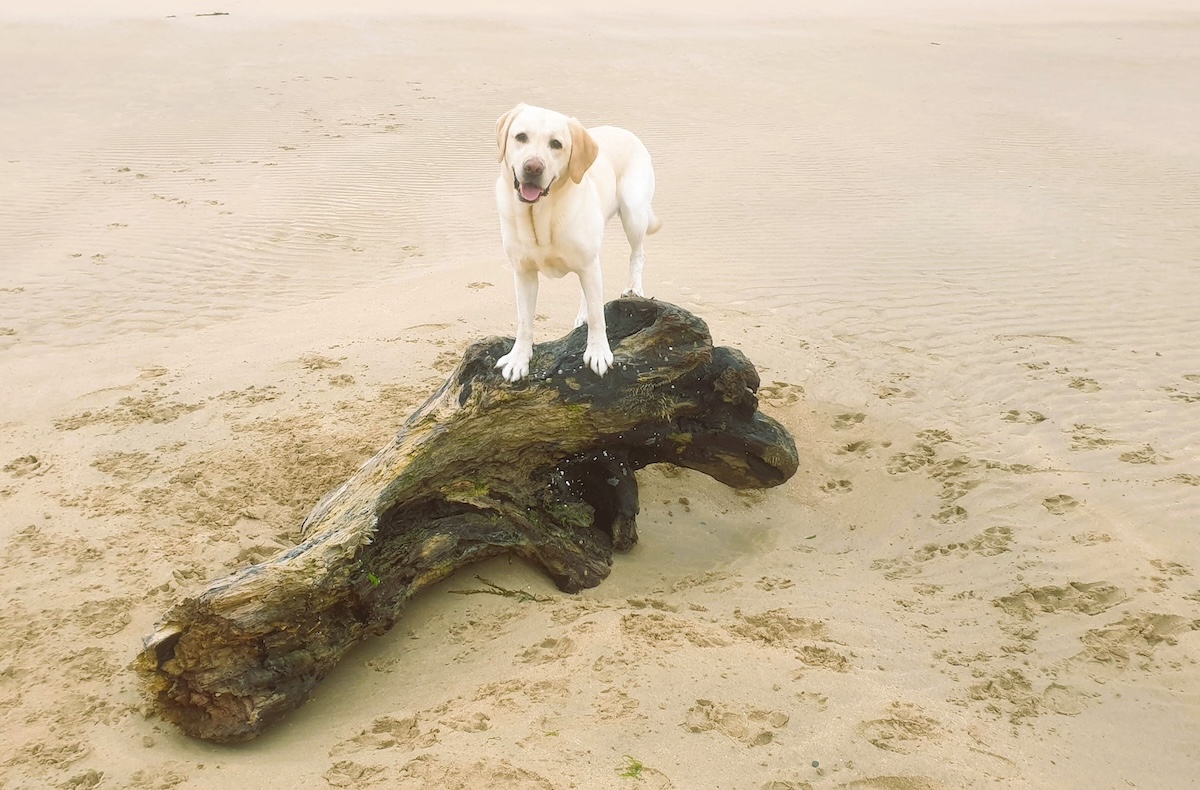A dog is known as “man’s best friend” for many reasons. But a surprise wet spot on your bed isn’t one of them!
As many people have experienced, dogs will sometimes urinate in the house. Usually, it’s easy enough to wipe up and move on, but when your bed is the scene of the crime, the issue becomes more pressing and personal.
Don’t lose heart! There are valid issues that can cause this, which means there are also solutions. Below, we will look at six possible reasons why your dog is peeing on your bed and what you can do about it.
The 6 Possible Reasons Why Your Dog Peed on Your Bed
1. Medical Condition
Like humans, if your dog has a medical condition such as diabetes or a urinary tract infection, they will have a much more pronounced need to urinate. If you notice that they are relieving themselves all over the house, you may want to take them to the vet for a checkup.
Other signs of diabetes include increased thirst, weight loss, lethargy, and vomiting. With a urinary tract infection, they will be lethargic, feverish, and tend to lick themselves more. Female dogs are more likely to have urinary tract infections than male dogs.
You will need your vet’s help to diagnose and treat these conditions. Take your dog in for an exam as soon as possible. Once your pet is given a diagnosis, the vet will be able to prescribe the proper medication.

2. Emotional Issues
When a dog is overcome with excitement or anxiety, it is common for them to pee. This happens more often with puppies but can also occur with adult dogs. If your dog has anxiety issues, they will also display other behaviors such as trembling, hiding, and excessively licking their paws.
Any major changes to your dog’s environment can cause this to happen, so be sure to think about what has been happening in your home life. Has there been a schedule change where the dog is left alone more? Is there a new pet in the home? Anything like this could be making him uncomfortable.
Generally, peeing out of excitement happens with younger dogs, and they will grow out of it. The important thing is not to get angry or punish them. Be sure to reward them when they do pee in the proper place.
If your dog is peeing because of fear and anxiety, it’s important to take a gentle, non-threatening approach. Get down on their level and avoid eye contact to let them know you’re not being aggressive.
Use praise and treats to encourage them when they do the right thing. Patience and understanding are key to easing your dog’s fears.
3. Lack of Proper Training
Your dog may not be as well trained as you thought and is using their favorite spot in the house to relieve themself. Oftentimes, this can happen with a younger dog that hasn’t been trained thoroughly or has learned not to go in front of people, as opposed to going outside.
You may also see this with dogs that have lived outside in kennels for most of their lives and have never been taught how to function indoors.
If you have ruled out medical and emotional causes, then it may be time to revisit house training lessons. Go back to the basics, and with time, patience, and consistency, your dog will develop good toilet habits.
Never yell at your dog or rub their face in the urine, as this can cause emotional distress and confusion. Watch carefully for signs that they need to pee, such as whining or sitting by the door.
Put your dog on a leash and go outside so they can take care of business. Using a leash allows you to immediately reward them and reinforce where they need to go.

4. Incontinence
Dogs have problems with incontinence, too! Senior dogs are especially susceptible to a weak bladder and will not even seem to notice that it is happening.
They will dribble urine while they sleep and sometimes while they are awake, leaving a tell-tale trail everywhere they go. It most often occurs in places where they rest.
Signs of incontinence include irritation and redness on the skin from the urine. Your dog may also be licking their genitals more than usual. It’s important to watch closely so you can give your vet as much detail as possible.
It can be hard to tell the difference between incontinence and other underlying health issues. The best thing to do is take your dog to the vet and have them examined to make sure there is nothing serious happening.
If the vet confirms that the problem is incontinence, they can recommend medical treatment.
5. Marking Territory
Male dogs like to mark their territory with their urine. Usually, this happens outside on a local tree, but in some cases, they decide that they own your bed, too.
If they sense other dogs in the vicinity, they may feel the need to mark their territory inside the house, or if you have a brand new bed, he may mark it to designate it as part of his home. A dog that isn’t neutered may also be more likely to leave its mark.
A combination of things will probably be most effective.
- You can physically block off the bedroom to keep your dog from getting in.
- Additional training and positive reinforcement will help him establish good habits.
- Remove new objects from his reach.
- Settle any disputes if a new person or animal is living in the home.
- Thoroughly clean any marked spots to discourage your dog from returning.
- A more drastic measure is neutering if your dog hasn’t been already.

6. Not Enough Bathroom Breaks
This may seem obvious, but a very good reason your dog is peeing on your bed is if they can’t go outside. While rushing around in our busy lives, it can be easy to forget to take the dog out.
However, puppies and younger dogs can only hold their bladder for one hour per month of their age. In other words, if your dog is six months old, six hours is the longest they can go between bathroom breaks. Leaving them alone for eight hours will most likely result in a mess inside, and it just might be on your bed.
Try to be considerate and make sure your dog goes out at regular intervals so there is no danger of them making a mess inside. Praise and treats will help them remember where they’re supposed to do their business.
In Conclusion
When your dog pees on the bed, it can be very inconvenient and frustrating. It’s easy to get upset instead of doing some detective work to find the reason.
Hopefully, after reading about these six possible causes, you have an idea as to what is going on with your dog and how to handle it.
Whether it’s a training, emotional or medical issues, there are ways to address each one. With a little understanding and professional help, you can confidently slide into bed, knowing that your dog is taken care of and so are you.
Featured Image Credit: Pixel-Shot, Shutterstock









